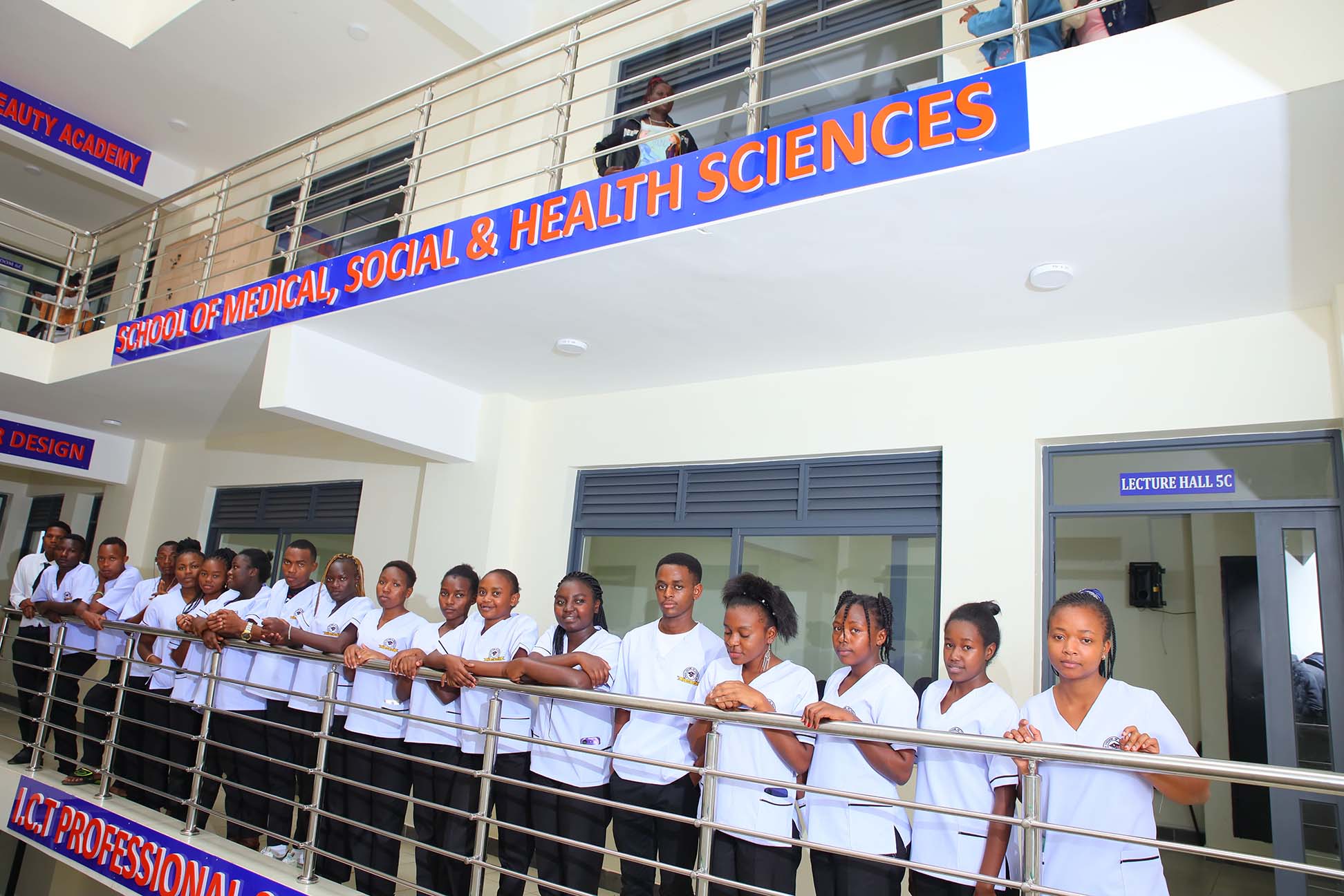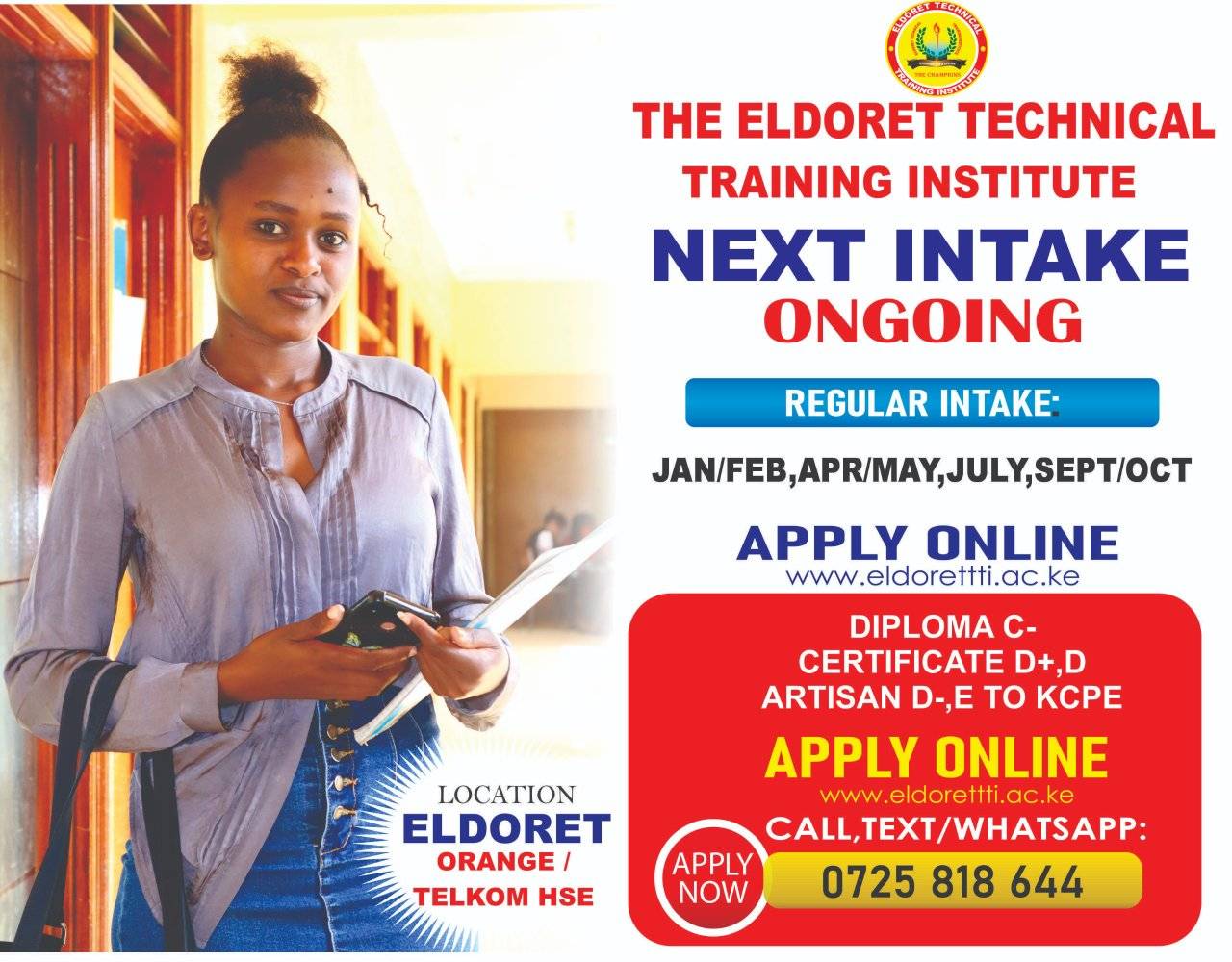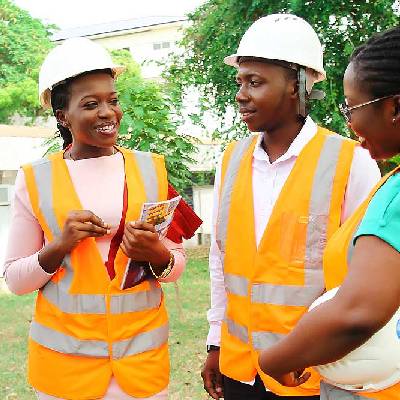
This certificate in automotive engineering focuses on the design and manufacture of cars, trucks and other motor vehicles. Students take courses on vehicle and electrical technology, mathematics and software to learn cutting-edge engineering techniques for a wide variety of makes and models, as well as how to effectively repair breakdowns and misalignments.
This course is designed to give students all the fundamental knowledge required to start work immediately upon graduation. This is achieved through a unique, multidisciplinary approach that combines theoretical learning with practical hands-on tasks similar to the daily tasks undertaken in the industry. The on-campus programme will cover a range of topics including workplace policies, procedures, and the relevant regulations to work safely and effectively in an automotive workshop.
The technical skills obtained from this certificate in automotive engineering programme pave the way to a successful automative engineering career. Individuals can use their problem solving, teamwork and repair skills to successfully collaborate with peers and assist customers.
Career path:
- Motor Vehicle Mechanic (Assistant Supervisor)
- Automotive Manufacturing Engineer
- Automotive Technical Consultant
- Quality Assurance Manager
- Instructor in Vocational Training Centres
Entry Requirements
The minimum entry requirements for the certificate in automative engineering course are:
- KCSE Mean Grade D (Plain) or;
- Pass in relevant Artisan Course or;
- Equivalent qualification approved by KNEC.
Objectives of Automotive Engineering
Automotive engineers are responsible for the design, testing, and production of vehicles and is a well-suited career for individuals who are passionate about cars and how machines work.
Upon completion of this course, students will be able to:
- Apply knowledge of science, math, and engineering technology to solve problems encountered in their professional career.
- Design, analyse, and build virtual and real models, as well as conduct testing in product development environments through applied computer technologies.
- Function effectively as a manager, leader, or team member.
- Communicate effectively across all design and management interface levels of an organisation.
- Practice timeliness and quality with regard to work requirements.
What you will study
The automotive engineering course combines both practical and theory sessions. Some of the subjects you will study include:
- Tyres, brakes, steering and suspension systems fault diagnosis and routine maintenance: Tyre wear patterns that indicate faults in other systems; types and routine maintenance for wheel bearings; faults in braking and suspension systems; operating principles and routine maintenance for power steering systems.
- Engine fault diagnosis and routine maintenance: Faults for spark ignition and diesel engines, mechanical, cooling and internal heating and air filtration systems; adjustment methods for fuel injected and carburetor systems, diesel injection systems; operation and common faults for electronic and conventional ignition systems
- Transmission fault diagnosis and routine maintenance: Common faults in
- Final drives,
- Drive shaft systems,
- Operating principles of automatic transmissions,
- Routine maintenance of automatic transmission,
- Manual transmissions as well as clutch systems.
- Electrical and electronic systems fault diagnosis and routine maintenance: Common faults and testing methods for:
- Battery charging,
- Starting system and
- Auxiliary systems.
- Health and safety: Ensure your own actions reduce risks in the automotive environment.
Related articles
-

A Guide to Civil Engineering Degree and Diploma Programs in Kenya
08-Nov-2025 -

Electrical Engineering in Kenya: A 2025 Guide for KCSE Graduates
08-Nov-2025 -

Mechanical Engineering in Kenya: A 2025 Guide for KCSE Graduates
08-Nov-2025 -

Engineering Courses in Kenya: A Guide for 2025 KCSE Graduates
08-Nov-2025 -

Education Pathways in Kenya — From Basic Education to Tertiary | College Guide
06-Nov-2025 -

The Bird and the Mirror: A Reflection on Identity, Perception, and Illusion
07-Feb-2025
Colleges offering Automotive Engineering

Thika Town
Christian Industrial Training College Thika

Thika Town
Thika Institute of Business Studies

Thika Town
Jodan College of Technology

Nakuru Town East




